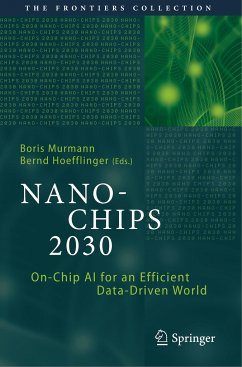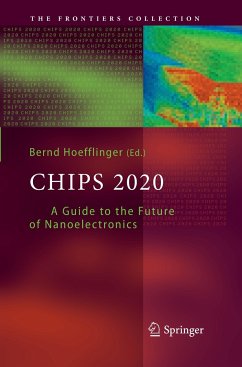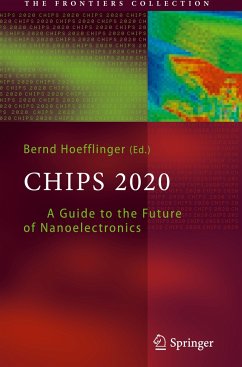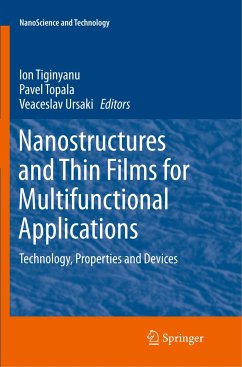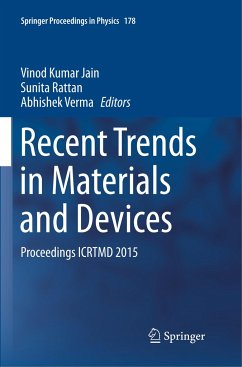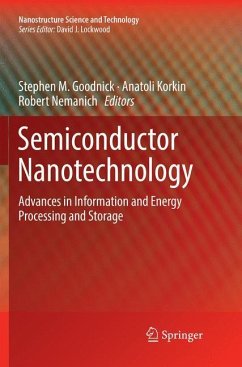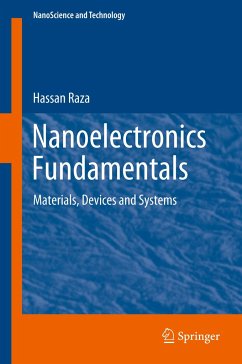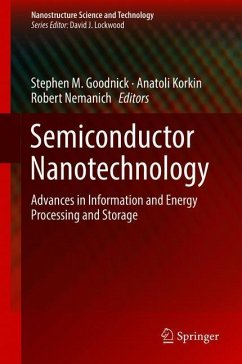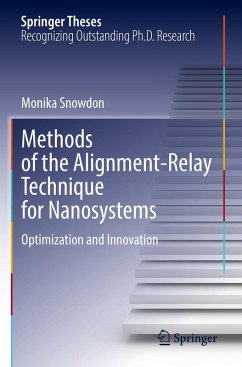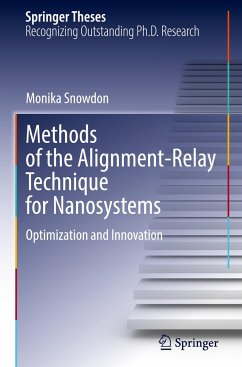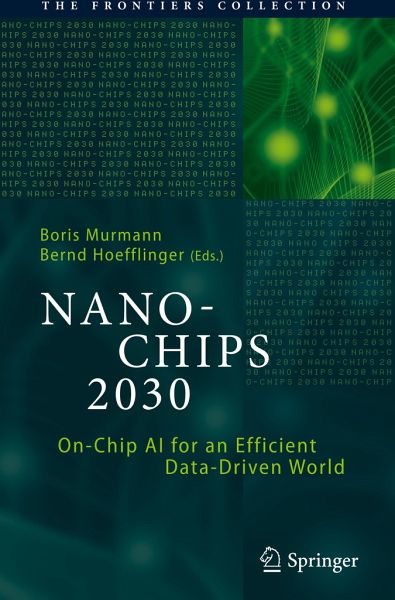
NANO-CHIPS 2030
On-Chip AI for an Efficient Data-Driven World
Herausgegeben: Murmann, Boris; Hoefflinger, Bernd

PAYBACK Punkte
50 °P sammeln!
In this book, a global team of experts from academia, research institutes and industry presents their vision on how new nano-chip architectures will enable the performance and energy efficiency needed for AI-driven advancements in autonomous mobility, healthcare, and man-machine cooperation. Recent reviews of the status quo, as presented in CHIPS 2020 (Springer), have prompted the need for an urgent reassessment of opportunities in nanoelectronic information technology. As such, this book explores the foundations of a new era in nanoelectronics that will drive progress in intelligent chip syst...
In this book, a global team of experts from academia, research institutes and industry presents their vision on how new nano-chip architectures will enable the performance and energy efficiency needed for AI-driven advancements in autonomous mobility, healthcare, and man-machine cooperation. Recent reviews of the status quo, as presented in CHIPS 2020 (Springer), have prompted the need for an urgent reassessment of opportunities in nanoelectronic information technology. As such, this book explores the foundations of a new era in nanoelectronics that will drive progress in intelligent chip systems for energy-efficient information technology, on-chip deep learning for data analytics, and quantum computing. Given its scope, this book provides a timely compendium that hopes to inspire and shape the future of nanoelectronics in the decades to come.



